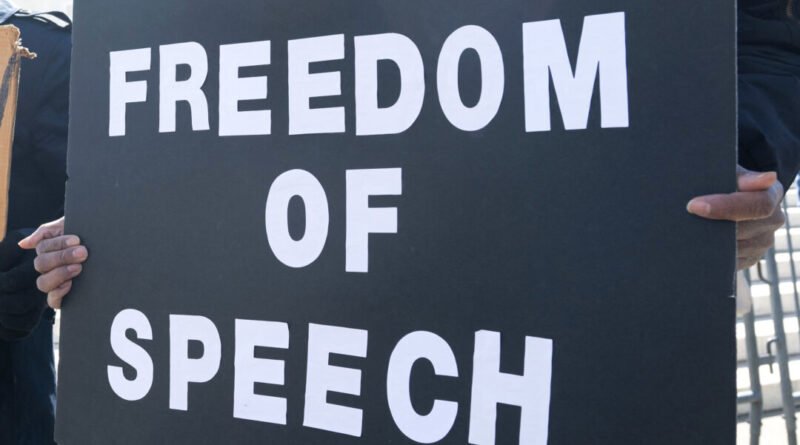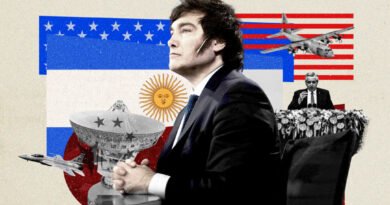Abbott cautions against new bill, citing challenges in defining misinformation
The Coalition has officially announced its opposition to the new measures, expressing concerns that the bill could pose a threat to free speech.
Former Australian Prime Minister Tony Abbott has cautioned that the current government may unintentionally fall victim to its own Misinformation Bill, highlighting the challenge of defining “misinformation.”
During an interview with Radio 2GB, Abbott stated, “This whole question of what is misinformation, what is disinformation, is just so difficult to pin down.”
He went on to question whether certain claims, such as the promise to reduce power bills during the election, constituted misinformation or honest mistakes.
Abbott drew parallels to the changing guidance surrounding COVID-19, emphasizing the complexity of determining what qualifies as misinformation.
The concerns raised by the former prime minister reflect broader apprehensions within the Liberal-National Coalition regarding the complexities of defining misinformation and disinformation without impeding legitimate dialogue and dissent.
The Coalition has formally declared its opposition to the new measures, expressing concerns that the bill might prompt social media platforms to censor content to avoid violating the proposed laws.
The updated legislation follows a previous draft that was postponed in November of the previous year.
Under the bill, the Australian Communications and Media Authority (ACMA) will be authorized to levy significant fines on social media platforms.
The bill defines misinformation as content that is “reasonably verifiable as false, misleading, or deceptive, and is reasonably likely to cause or contribute to serious harm.”
The government maintains that the revised bill has been carefully designed to balance the public interest in combatting harmful misinformation and disinformation with the freedom of expression.
Prime Minister Anthony Albanese previously defended the bill, noting that it was initially proposed by the Coalition and finding it “quite strange” that the opposition is now opposing it.





